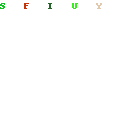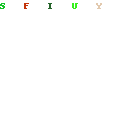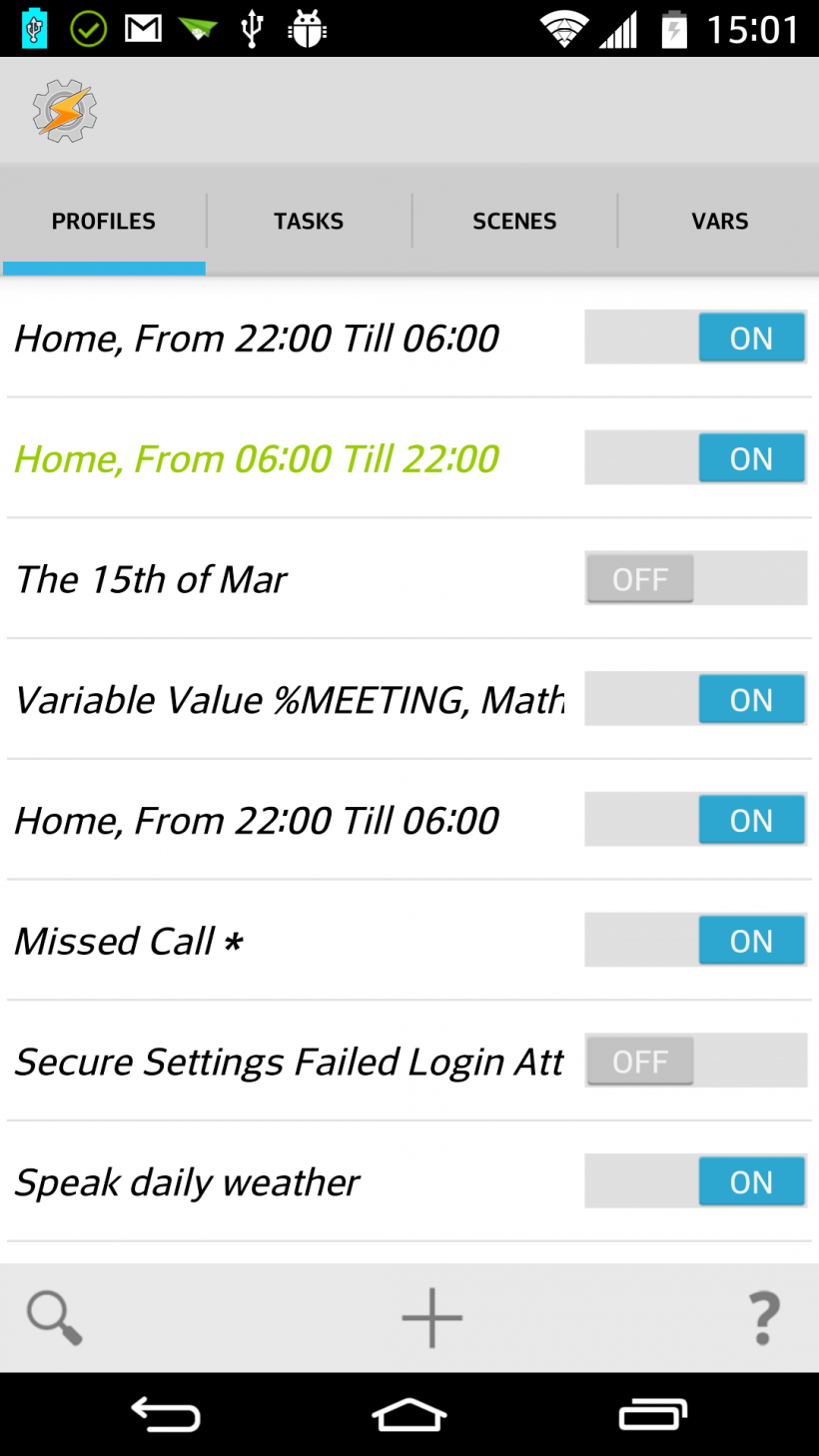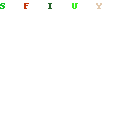The Internet of Things
by Kyluke McDougall, 6:32 AM - Thursday 30/10/2014The what, the how and the why
The What
The internet of things describes a world of devices connected to the internet. Smartphones, smart watches, google glass, even thermostats and fridges. Anything with an IP address is basically considered part of the “The internet of Things.” We’re moving towards an era of computing which allows us, thanks to IPv6, to connect any device to the internet. As long as it has an IP address, we can find it and interact with it.
The How
IPv6 is what’s essentially going to drive this. Why? Because using it we can connect more devices to the internet and assign them unique IP addresses without worrying for a few more years. IPv4, which is what we’ve been using since basically the inception of the internet, provides 232 (4,294,967,296) address to be used. We’ve already exhausted those. Enter IPv6, which provides 2128(≈ 340 Sextillionen = 3,4·1038) addresses. Big difference. Big numbers. A lot of room to play.
Using IPv6 we can now assign IP addresses to specific devices without NAT and possibly even static IP addresses without being wasteful. Putting your kettle online is probably not very intriguing but imagine it switching on automatically when your phone alarm wakes you up because of a request that was automatically sent from your mobile to it. Cool right? That brings us to the why.
The Why
We’re living in a time of “smart devices.” Which is a meaningless word because what really is a smart device? A calculator that can work with complex numbers to me is a smart device but anyway. Smart devices == devices which can interact with other devices. Fridges can send you notifications when the milk is low. The oven can automatically adjust its heat based on a pattern that you create on your mobile. Thermostats automatically set the temperature of the room when it detects that you’re on your way home from work. Once we have devices which can communicate with each other, we open the possibilities up to really move into a world of automation.
The next time you hear the phrase “the internet of things” know that it is a good thing. You heart monitor may one day notify emergency services that you’ve collapsed and there is nobody around.
« Back to blog





